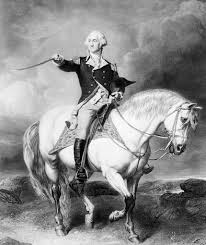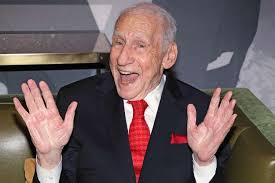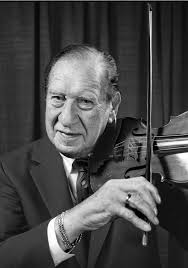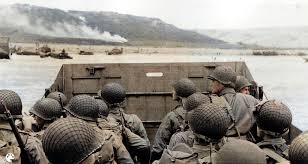
Happy July Fourth. Here are some random facts and stories about the U.S. War of Independence that you can share at your Independence Day celebration:
Thomas Jefferson was the chief wordsmith for the Declaration of Independence but received a great deal of help. He based much of our founding document on the June 1776, Virginia Declaration of Rights, crafted by George Mason. That document proclaimed that, “all men are by nature equally free and independent and have certain inherent rights.” Jefferson was part of a committee that worked on America’s declaration. Their final draft was edited by Benjamin Franklin and John Adams. The document was approved by the Continental Congress on July 2nd and after additional edits was officially adopted on July 4.
The British military was the most powerful on earth and its leaders assumed they would quickly suppress the rebellion. They failed to calculate how difficult it would be to win a war in such a vast and open countryside. As the war began, George Washington wanted to engage and defeat the British in a massive battle. The Father of Our Country was not versed in military history but was wise enough to listen to more knowledgeable officers. By September 1776 Washington took on a defensive strategy that emulated the tactics of Roman commander Fabius Maximus in the Second Punic War (218-201 BC). Fabius was able to defeat Carthaginian potentate Hannibal by avoiding large scale battles and instead employing hit and run maneuvers. Washington decided his army’s best route was to fight a war of attrition until the British government abandoned its campaign.
Studies show that only half of American colonists were committed Patriots during the war and one third of the colonists fought for the British. One such (secret) British loyalist was Washington’s personal bodyguard, Thomas Hickey. Shortly before the Declaration of Independence was signed, Hickey participated in a plot to kill the general. His collaborators included New York’s governor and the mayor of New York City. The plot was uncovered by a committee established by Washington. Hickey was the only conspirator sentenced to death. As a warning to others, Washington ordered every Continental soldier in the New York area to witness the outdoor execution.
Spy networks played an important role in the success of the Colonial cause. The Culper Ring was so secretive that its existence didn’t become public knowledge until the 1930s. The organization supplied information on British plans and troop positions. The identities of most Culper agents are now known except for Agent 355, a female operative whose identity remains a mystery. BTW, the Culper Ring’s code name for General Washington was Agent 711.
When Washington’s entourage travelled through the countryside, the general rode in a coach. However as the cortege approached a village, Washington leaped on to his horse, “Blueskin”, and rode through town to raise the morale of the citizenry.
Who Knew?
The word “independence” never appears in the Declaration of Independence — rather, it’s titled “The unanimous Declaration of the thirteen united States of America.” (those are not my typos).
After the British routed the continental army at The Battle of Germantown, Washington displayed the good manners prevalent during those times. After the battle, a fox terrier with British General William Howe’s name on its tag wandered into the Colonial camp. Washington promptly returned the pup to the commander with an explanatory note.
The phrase “fog of war” originated in an 1836 poem by McDonald Clarke entitled “The Battle of Bunker Hill”. Because of the type of gunpowder used in muskets and canons, battlefields were often completely engulfed in smoke, making it difficult to see the enemy.
Paul Revere was a successful silversmith who practiced dentistry on the side. Two months after his famous midnight ride, Revere was asked to identify the body of a soldier whom he might have known. The body was too decomposed for Revere to identify so he examined the man’s mouth. He was able to identify the deceased as his friend, Major Joseph Warren. Revere had crafted Warren’s ivory teeth and wired them into his jaw. Historians believe that this was the first instance of identification through dental forensics.
Have a Happy Fourth and a great weekend.
If you enjoyed this blog, you will love my book, “Get Smarter-Be Amazed”. Visit www.tedcurtinstories.com for direct links to Amazon and Barnes and Noble.
H
a




